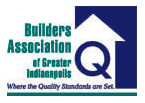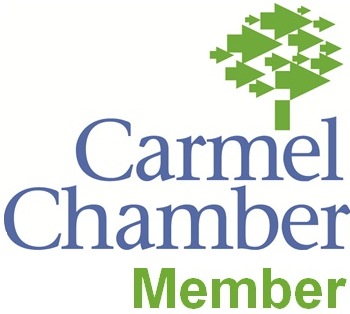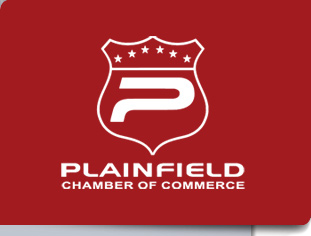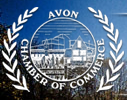Indiana Legislative Update- 2014
The 2014 session of the Indiana General Assembly was a relatively quiet one in that only a few laws were passed and enacted that could impact community associations. The following is a summary of three new laws of which community associations should be aware.
House Enrolled Act 1107 amends the law enacted in 2013 that provided a more streamlined amendment process for communities with multiple sections and multiple sets of covenants under one homeowners association.
Effective July 1, 2014, developments with at least two hundred fifty (250) homes and at least two (2) different sections have the ability to record replacement covenants with two-thirds (2/3) approval of all lot owners, notwithstanding contrary provisions in the covenants and by-laws.
This law simply lowers the number of sections required to use this amendment process from twelve (12) (which was the law beginning in 2013) to two (2). Thus, if you live in a community governed by one homeowners association, with at least two hundred fifty (250) homes and more than two (2) sections and are trying to consolidate different sets of covenants, this law could apply and make that process much easier.
House Enrolled Act 1134, which is effective as of July 1, 2014, creates a new law to regulate political activity on property owned by a homeowners association. This law applies to all Indiana homeowners associations. A homeowners association may not adopt or enforce a rule or covenant that prohibits a candidate for political office, an individual who holds an elected office, the spouse of the candidate or elected official, or a volunteer working for the candidate or elected official from entering onto property owned by a homeowners association for purposes of conducting political activity.
In essence, this law allows candidates, their spouses and their volunteer workers to freely use association-owned streets, sidewalks and common areas to conduct their political activity. However, this law does not change the ability of individual homeowners to allow or not allow political activity on their properties.
Lastly, Senate Enrolled Act 249 affects condominiums, or horizontal property regimes, and how unpaid assessments are to be collected when a property is sold. Effective July 1, 2014, this law requires that when a condominium unit is going to be sold or conveyed, the buyer (grantee) is entitled to a statement from the condominium association, manager, or board of directors setting forth the amount of the unpaid assessments against the seller (grantor). The buyer (grantee) is not liable for any unpaid assessments against the seller (grantor) in excess of the amount set forth in the statement. Additionally, the buyer (grantee) may obtain the statement of unpaid assessments by making a written request to the association, manager or board of directors at the last address at which the seller (grantor) made a payment of the assessments or the address listed for the association, manager or board of directors in the records of the Indiana Secretary of State.
The real teeth in Senate Enrolled Act 249 is that if the association, manager or board of directors does not provide by first class or certified mail a statement of unpaid assessments not later than ten (10) days after receipt of the written request, the buyer (grantee) is not liable for the unpaid assessments, nor is the condominium unit subject to a lien for unpaid assessments against the seller (grantor). Thus, if a written request for unpaid assessment amounts is made to a condominium association, its manager, or its board of directors in relation to a sale or conveyance of a condominium unit, the association has ten (10) days to provide the amount of unpaid assessments or will forfeit its lien rights.
Courtney S. Figg is an attorney with the law firm EADS MURRAY & PUGH, P.C. and focuses her practice on homeowners associations and condominium associations. She can be reached by phone at (317) 536-2565 or by e-mail at [email protected].
Fireworks Safety Tips
 Fireworks-related injuries are most common on and around holidays associated with fireworks celebrations, especially July 4 and New Year’s Eve. The following tips may help ensure your safety with regard to fireworks:
Fireworks-related injuries are most common on and around holidays associated with fireworks celebrations, especially July 4 and New Year’s Eve. The following tips may help ensure your safety with regard to fireworks:
- The best way to enjoy fireworks is to visit public fireworks displays put on by professionals.
- If you plan to use fireworks, make sure they are legal in your area.
- Never light fireworks indoors or near dry grass.
- Always have a bucket of water and/or a fire extinguisher nearby. Know how to operate the fire extinguisher properly.
- Do not wear loose clothing while using fireworks.
- Stand several feet away from lit fireworks.
- If a device does not go off, do not stand over it to investigate it. Put it out with water and dispose of it.
- Always read the directions and warning labels on fireworks. If it is not marked with the contents, directions and a warning label, do not light it.
- Supervise children around fireworks at all times.
Original Publish Site: http://answers.usa.gov/system/templates/selfservice/USAGov/#!portal/1012/article/4101/Fireworks-Safety-Tips










